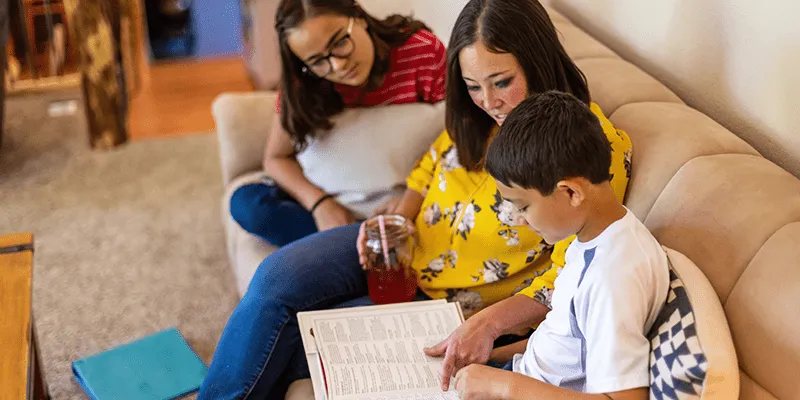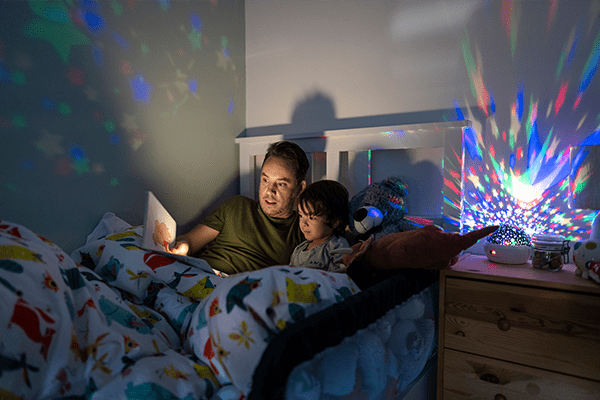How to be a Consistent Co-Parent
4 ways to become a more consistent co-parent.

The phrase “consistency is key” applies to most situations, and it certainly applies to co-parenting. Children benefit greatly from consistency in parenting—structure teaches children what to expect and how to behave, and a lack of consistency can potentially lead to emotional and behavioral issues. Unfortunately, consistency can sometimes be sparse when transitioning to a shared custody schedule. As a co-parent, it is essential to be consistent with yourself, your kids, and even your child’s other parent. Here are four ways to be a more consistent co-parent.
1. Set expectations
Even though most co-parents wish it wasn’t the case, co-parenting successfully is not an easy feat. Setting realistic expectations for transitioning to a co-parenting situation can make the process easier for yourself and your kids. Understand that the transition will not always be smooth sailing, and mentally prepare for how you will encounter and handle obstacles. When in doubt, remember that the well-being of your kids is at the forefront of every decision and reaction you make.
Depending on the nature of the relationship between you and your child’s other parent, it is not always possible to co-parent harmoniously, even after setting boundaries. Some co-parenting situations are significantly more difficult when a co-parent's personality or history of abuse plays a factor in the equation. A family lawyer or family arbitration can be helpful in these situations.

2. Communicate
Communicating with an ex can be difficult, and adding children into the mix can make it even more complicated. Even though you may hit roadblocks, maintaining consistent, open communication with your co-parent is beneficial for everyone involved, especially your kids. Keep the communication with your co-parent open, focused, and intentional with every exchange.
Using a co-parenting communication service like TalkingParents is a great way to facilitate communication between co-parents in an organized, documented fashion, helping to create consistency. Messages sent between parents are timestamped based on when they are sent and viewed by your co-parent, and the messages cannot be edited or deleted. Unalterable Records of messages can be produced and are admissible in courts across the country, so knowing that messages may be viewed by a judge may positively influence how you and your co-parent communicate. Learn more about how TalkingParents helps divorced or separated parents with safe, secure communication here.

3. Develop a routine
With so many variables thrown into the mix when kids transition between parents, consistency can be a relief amidst the changes. You may not be able to control what happens in your co-parent's home, but you can control the experience your kids have in your home. Maintaining consistent routines provides much-needed structure for children and co-parents alike. Whether it’s having a set bedtime routine or homework schedule when the kids are with you, everyone benefits from even the most mundane of routines.
Routines are helpful with custody exchanges as well. TalkingParents offers a Shared Calendar where co-parents can keep track of custody schedules, important appointments, and more. Each co-parent can keep track of dates and create routines around custody exchanges as time progresses. Events on the shared calendar can only be edited or deleted by the co-parent who created them, holding each co-parent accountable for what events are stored and shared.
4. Stay even-keeled in disagreements
Co-parenting is not always easy, and disagreements are bound to take place when making decisions related to your children. Being consistent in how you handle disagreements is key to making the best out of the situation. Remember that you should not openly fight with or talk poorly about your co-parent in front of your kids. Witnessing conflict can have negative effects on children. If disagreements become too much to handle, then consider seeking help from a professional or using a resource like TalkingParents to mitigate conflict between you and your co-parent.